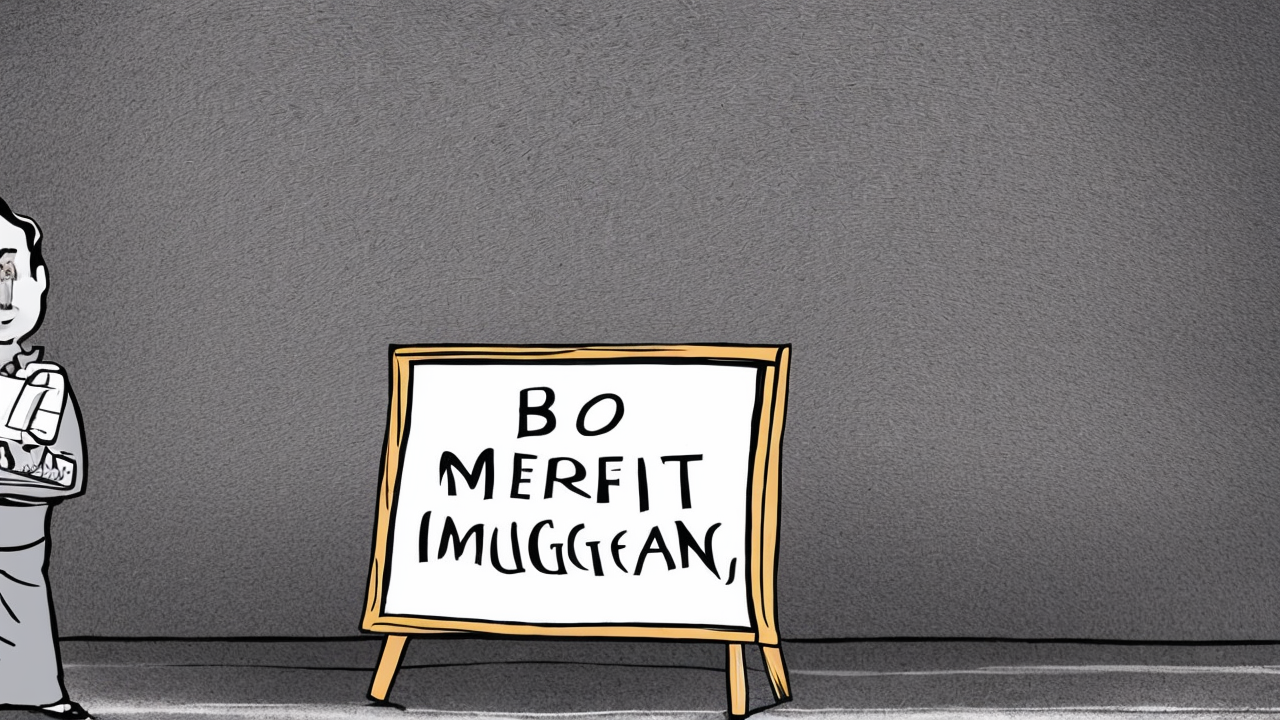Epoch Trace
Liberty Dies in Silence
America First: The PAUSE Act Restores Order to Our Immigration System
Representative Chip Roy of Texas has introduced the PAUSE Act, a comprehensive plan to pause nearly all legal immigration until the nation can rebuild its immigration system with fairness, accountability, and a focus on American interests.
{ read more }
Gas Prices Hit Four-Year Low—What It Means for American Families
Gas prices across the United States have fallen to their lowest levels in four years, bringing welcome relief to millions of drivers just in time for the holiday season.
{ read more }
A Wake-Up Call for American Aviation Safety and Sovereignty
A recent software issue affecting thousands of Airbus A320 aircraft has triggered a global wave of flight disruptions, prompting urgent fixes from regulators and manufacturers alike.
{ read more }
The Price of Overreach: FDA Confirms Child Vaccine Deaths Amid Mandate Backlash
America First: Protecting Our Soldiers and Our Borders
The tragic deaths of National Guard members Sarah Beckstrom and Andrew Wolfe in Washington, D.C., have shaken the nation.
{ read more }
Whiteness as a Pandemic? How Modern Academia Undermines American Foundations
The University of Minnesota’s recent claim that “whiteness” is a pandemic has drawn sharp criticism from across the political and cultural spectrum.
{ read more }
Indiana’s Energy Innovation Powers the Future of AI and Jobs
Indiana is leading the way in a quiet but powerful transformation of how America meets its energy needs.
{ read more }
The Climate Circus: COP30 and the Cost of Globalist Overreach
The COP30 climate conference in Belém, Brazil, ended not with breakthroughs, but with a growing list of contradictions.
{ read more }
Media Bias
Every outlet has a perspective. Bias shows up in headlines, framing, and story choice. Bias shapes how events
look through different lenses.
ET views the world through the lens of historical Christianity, which is often called Christian Nationalism
today.
We've analyzed 3,130 articles to uncover how conservative each outlet is and included 498 of our own articles for
comparison.
It is our opinion that higher scores in Christian conservative values relate to more kindness, generosity, and
personal accountability while
also having less tolerance for wickedness, violence, and evildoers in general.
Here are the results:
Washington Examiner - 78%
Important Reminder
Christians are still being murdered, churches are still burning, and America is in The Fourth Turning.
The Bible shows us what a nation looks like when it comes under God's judgement, and America is in it.
Death is certain either way, but which way will you go? The choice is not left or right. The choice is up or
down...
The Gospel of Jesus
The gospel is more than just religious news—it’s the announcement of God’s rescue plan for humanity. It answers
the deepest questions of who we are, what went wrong, and how we can be restored. At its core, the gospel is
about grace: what God has done for us, not what we do for Him. It’s a message of hope, truth, and
transformation.
The good news is that God, in His love, has acted in history to save us through Jesus Christ. Humanity was
created for fellowship with God, but sin broke that relationship and brought death, guilt, and separation.
Instead of leaving us in despair, God sent His Son, who lived the perfect life we couldn’t live, died the death
we deserved, and rose again in victory over sin and death.
Latest By Category

Politics & Government
Policies, governance, and propagganda impacting society.
More
Economy & Business
Market trends and business activities affecting global economy.
More
Security & Conflict
Global security threats and military conflicts around the world.
More
Energy & Infrastructure
Energy policy, production and infrastructure development.
More
Society & Culture
Cultural shifts and social trends affecting communities.
More
Science & Technology
Current innovations and advancements shaping life.
More
Environment & Climate
Ecological issues, propaganda, and climate change impact.
More
Health & Medicine
Medical breakthroughs and healthcare developments.
More















